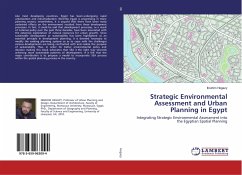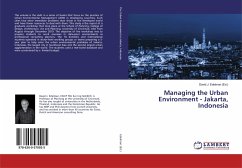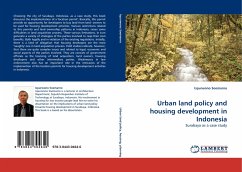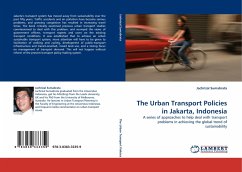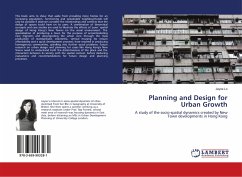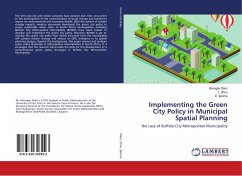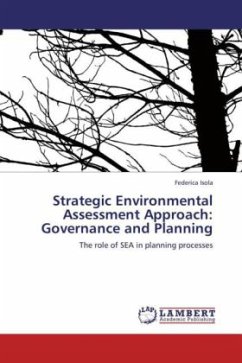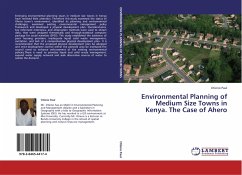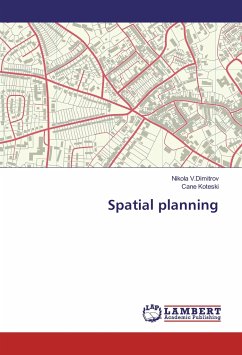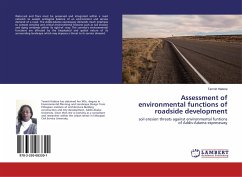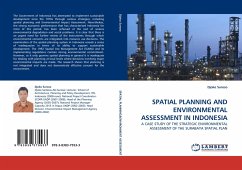
SPATIAL PLANNING AND ENVIRONMENTAL ASSESSMENT IN INDONESIA
A CASE STUDY OF THE STRATEGIC ENVIRONMENTAL ASSESSMENT OF THE SURABAYA SPATIAL PLAN
Versandkostenfrei!
Versandfertig in 6-10 Tagen
52,99 €
inkl. MwSt.

PAYBACK Punkte
26 °P sammeln!
The Government of Indonesia has attempted to implement sustainable development since the 1970s through various strategies, including spatial planning and Environmental Impact Assessment. Nevertheless, the strong economic performance that has characterised Indonesia for most of this period, has been achieved at the cost of serious environmental degradation and social problems. It is clear that there is an urgent need for further review of the instruments through which environmental concerns are integrated into resource use decisions. The examination of the spatial planning system in Indonesia r...
The Government of Indonesia has attempted to implement sustainable development since the 1970s through various strategies, including spatial planning and Environmental Impact Assessment. Nevertheless, the strong economic performance that has characterised Indonesia for most of this period, has been achieved at the cost of serious environmental degradation and social problems. It is clear that there is an urgent need for further review of the instruments through which environmental concerns are integrated into resource use decisions. The examination of the spatial planning system in Indonesia reveals a series of inadequacies in terms of its ability to support sustainable development. The 1992 Spatial Use Management Act (SUMA) and its implementing regulations contain strong environmental commitment. However, as it only governs spatial planning in general it is inadequate for dealing with planning at local levels where decisions involving major environmental impacts are made. The research shows that planning is not integrated and does not demonstrate effective concern for the environment.



